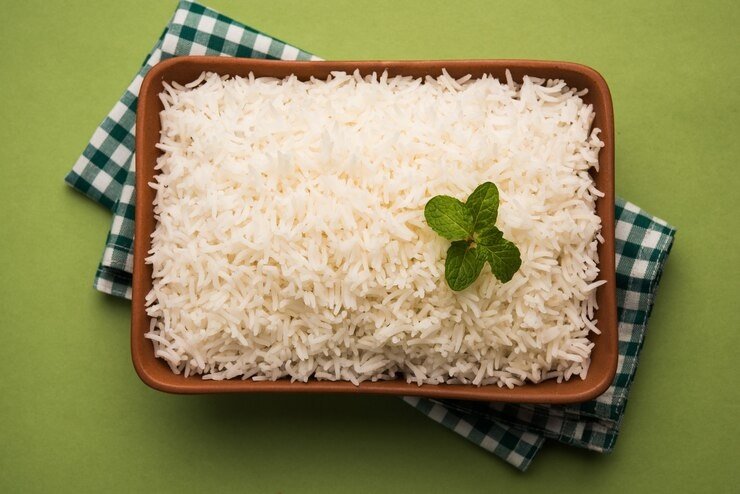Pakistan's import-export severely affected due to India's ban on transshipment
23-May-2025 11:46 AM

Karachi. The Indian government has halted all forms of trade with Pakistan, both direct and indirect, and has also banned the transshipment of vessels heading to Pakistan through its ports.
This means that ships with Pakistani flags or ships of any other country en route to Pakistan can no longer pass through Indian ports or territorial waters.
As a result, vessels from Karachi or Port Qasim are barred from navigating Indian waters or docking at Indian ports. This restriction is likely to significantly disrupt operations at South Asia Pakistan Terminal.
The move has created major logistical challenges for Pakistani importers and exporters, as the affected route is a key trade corridor for the country.
With direct service of large container ships suspended, feeder vessels are being used instead for cargo transport to and from Pakistani ports, which is expected to lead to delays and increased shipping costs.
A shipping company official based in Mumbai confirmed the development, stating that ships that previously transited Indian waters to reach Pakistan are now being denied entry or docking at Indian ports due to security concerns.
Furthermore, ships that had already sailed from Pakistani ports and intended to return via Indian routes are now being forced to reroute. In response, several shipping lines have suspended direct services to Pakistan.
This crisis presents an opportunity for Indian exporters, particularly in the rice sector. The disruption of Pakistan’s exports, especially Basmati rice, has led to a sharp rise in global demand for Indian rice, pushing prices up by about 20 percent in recent weeks.
Previously, Pakistani shipments to Europe often transited through India’s Mundra port, but this route is now closed, compounding the challenges for Pakistan’s export sector.
